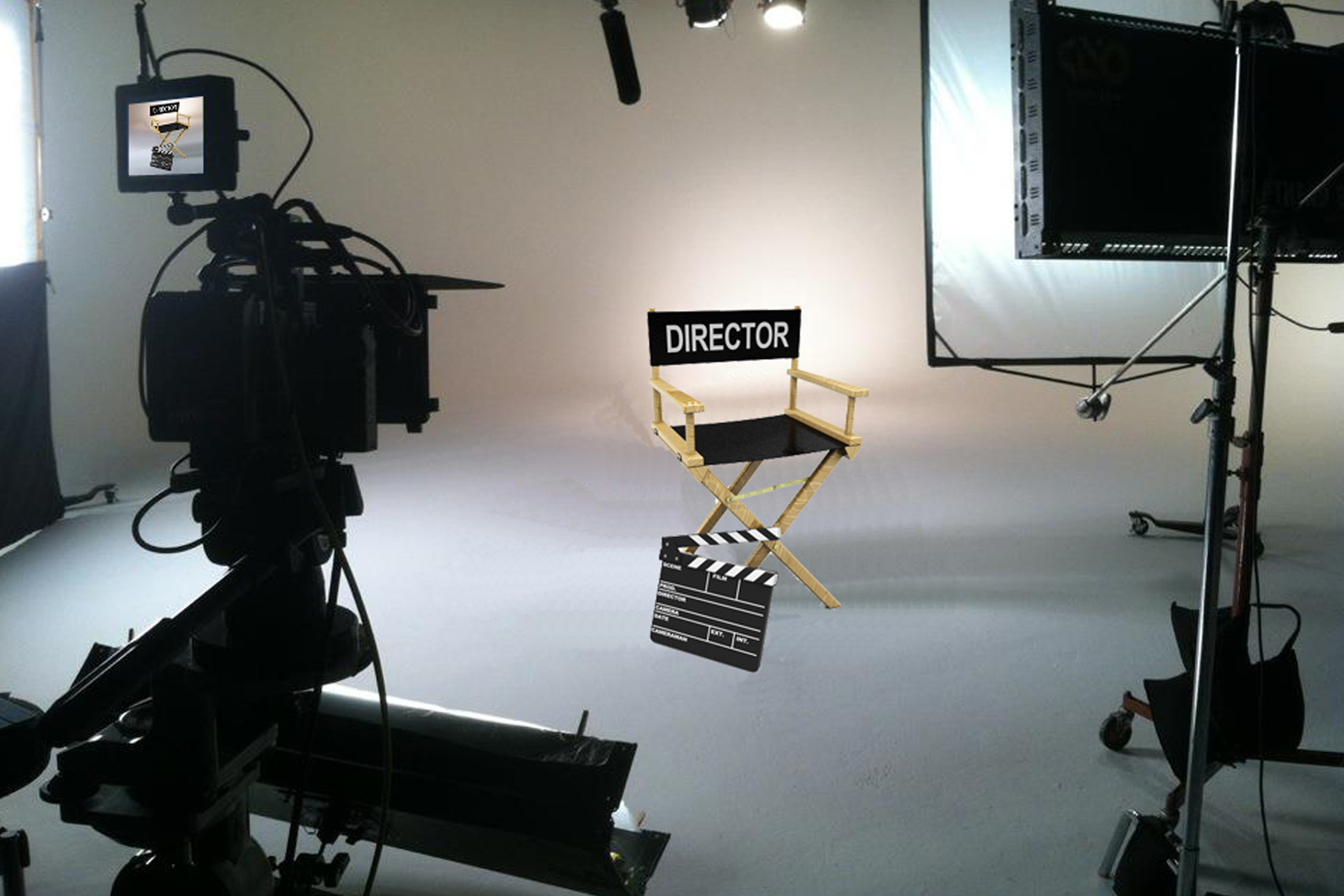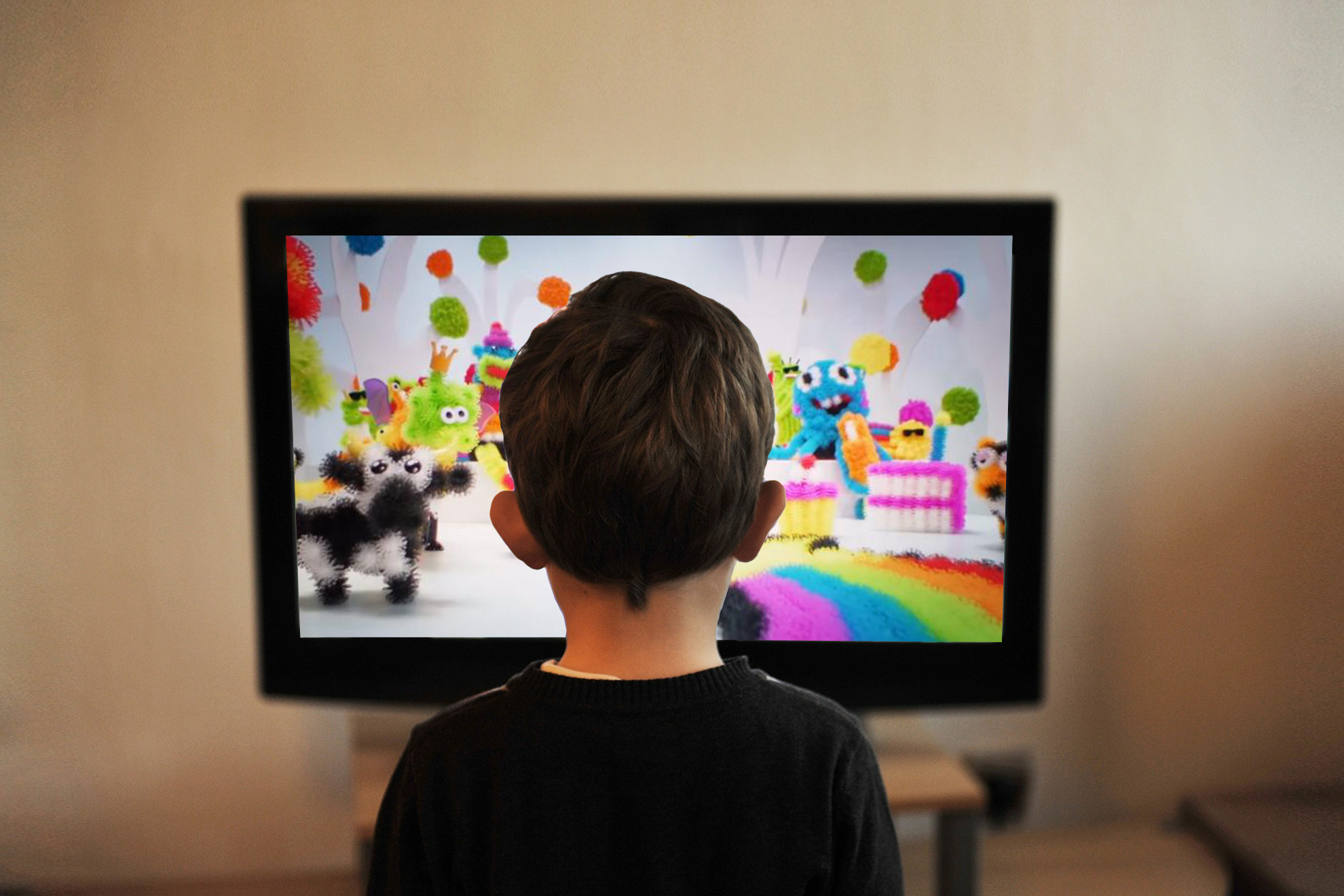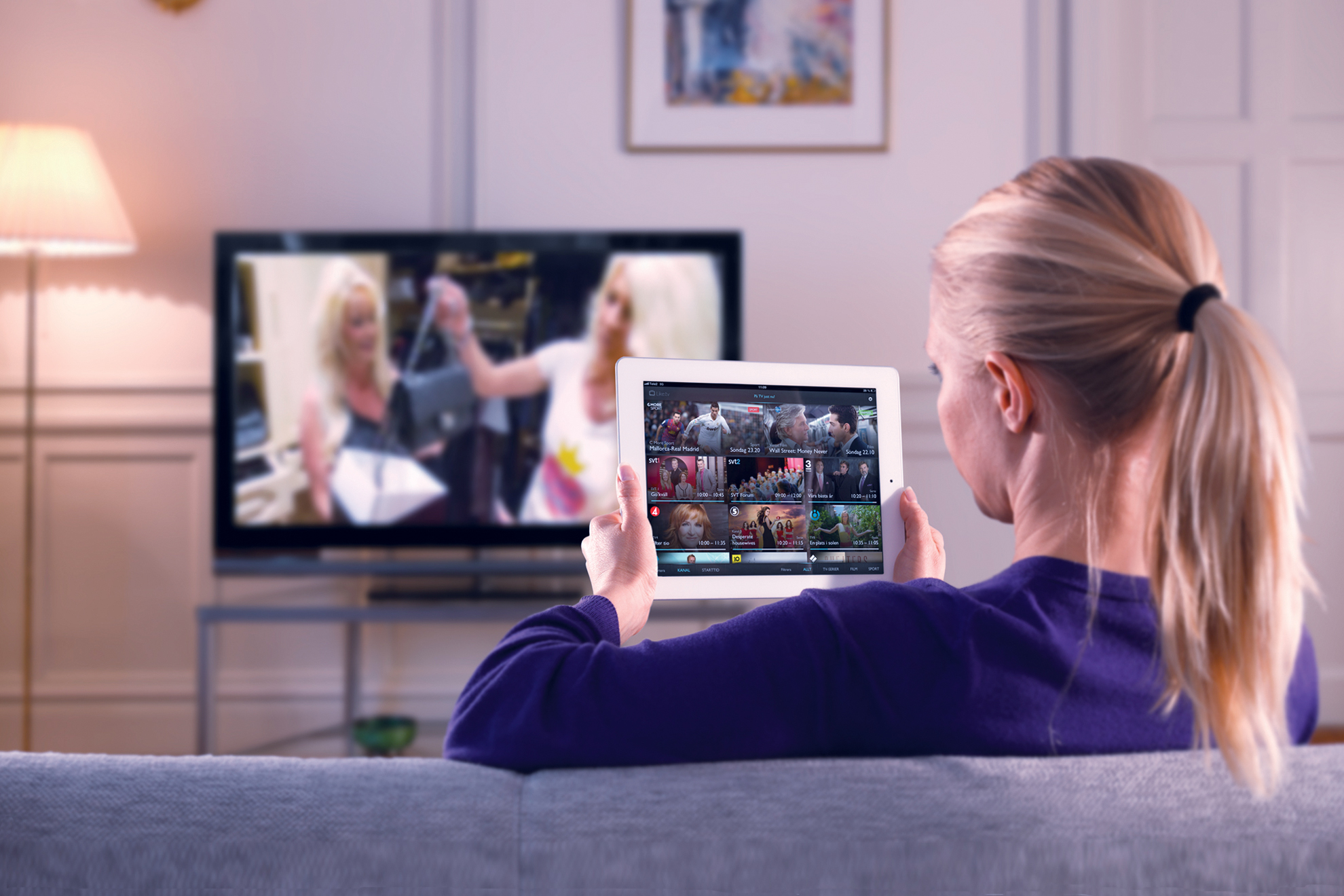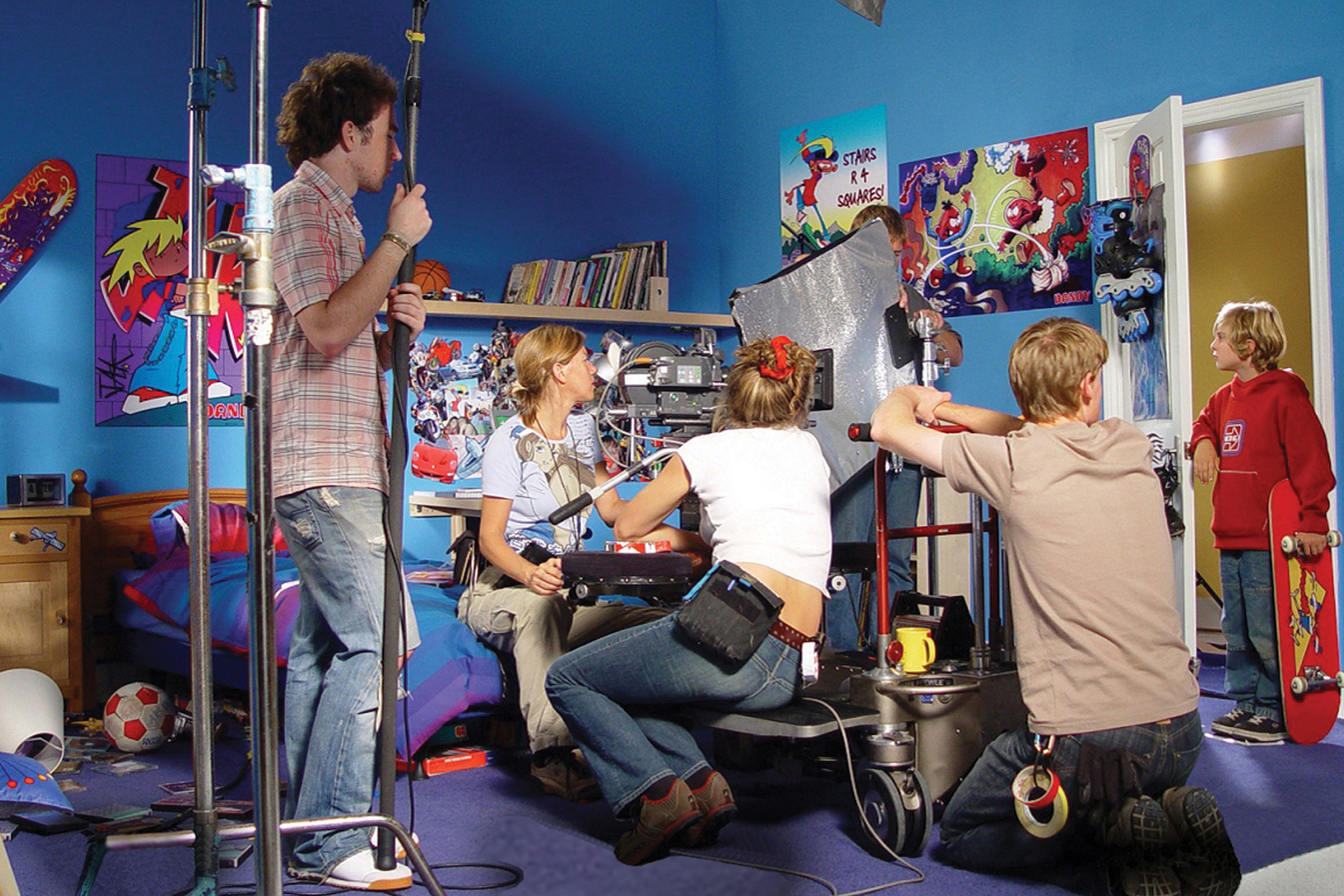DRTV proves an effective choice for advertisers needing an accountable medium
Traditional TV advertising continues to make way for DRTV (Direct Response TV), the offspring that has matured rapidly to take a grown-up share of the UK broadcast TV ad market.
The key benefit driving DRTV’s popularity is its accountability, providing advertisers with detailed customer data that can be analysed to accurately measure the success of a TV campaign.
The main performance indicator for any DRTV campaign is its overall cost-efficiency and return on investment. Having the data-mining tools in place to delve deep into the increasing amount of customer and viewing data is therefore essential to long-term success.
So what are the key steps to analysing DRTV effectively?
(1) Estimate scheduled call volumes
Always obtain scheduled TV spot times before a campaign airs. Ensure the right copy is running, along with correct telephone numbers, and that spots are broadcast as planned throughout campaigns. This information, along with estimated call volumes, is vital to the advertiser’s call centre, so that responses can be handled efficiently.
(2) Obtain detailed DRTV response data
Know what response data is going to be available once the campaign is running and how often it will be supplied. Having an infrequent supply of data leaves little time to revise media plans while a campaign is on air. Be sure to receive exact times of calls in order to match this back to spot times at a later stage.
Collecting details of when qualified respondents called is more useful than simply noting gross call volumes. While a DRTV campaign’s main objective is the ’call to action’ to generate as many cost-effective calls as possible, the quality of respondents is also important. The number of qualified leads can feed back vital creative information, such as the advert’s appeal and whether it contains a clear message. It can also influence future media plans, for example a kid’s channel may be generating a large number of hoax calls and may need to be removed from future plans.
(3) Attribute accurate responses to DRTV spots
Determine how quantifiable the data is. If TV channels have run separate telephone numbers, the response data can be assigned with greater accuracy. Should one ‘golden’ number have been used across multiple TV channels, then a spot-matching methodology is needed to attribute each response to an individual TV spot. The most efficient is a purpose-built software system programmed to do this automatically.
(4) Drill down to your DRTV results
Analyse the response data with BARB viewing figures to determine response rates and costs. The DRTV campaign’s overall response rate and cost-per-response provides a first indication of success. However, successful or not, it is essential to drill down further into the data to establish the accountability of all the TV airtime and plan how future DRTV campaigns can be improved.
Each TV channel’s performance can be judged after responses are spot-matched, but it is also important to analyse other variables, such as days of the week, dayparts (such as peak time), position in breaks and individual TV programmes or programme genres.
Even a cost-efficient and successful TV channel may have poorly performing days or dayparts, which, if removed from future plans, could lead to a lower cost-per-response. Conversely, a TV channel that has not been effective may have certain times which were cost-efficient and the airtime could be restricted to these times in future. All these affect the overall campaign results.
This is why DRTV campaigns should be constantly tested, analysed and refined.
(5) Ensure transparent DRTV airtime costs
An ongoing (and campaign-end) reconciliation of delivered viewing figures versus budgets will give a transparent picture of final TV airtime costs. Reconciled airtime figures will show an over or under-delivery for each TV station, which will help plan spend levels for future DRTV campaigns.
(6) Use return on investment to judge your DRTV campaign success
When planning subsequent DRTV campaigns, use recent response rates to judge each channel’s expected performance. However, it is also important to balance the plan with cost-efficient channels and high volume generators. Response rates are guides, but cost-per-response and ROI are the key performance indicators.
(7) Variable DRTV airtime costs may reduce future efficiencies
When analysing campaign results and planning future budgets, the changeable TV landscape should be considered. A TV channel may not perform successfully month-on-month due to external factors, such as new competing satellite channels launching, programming changes and particularly price changes.
The majority of TV airtime is purchased through CpTs (cost-per-thousand viewers). Each station’s price can fluctuate by month. Therefore, airtime purchased in one campaign may be more expensive by the next. This can have a large bearing on future results and must be taken into consideration when planning future DRTV activity based upon previous results.









